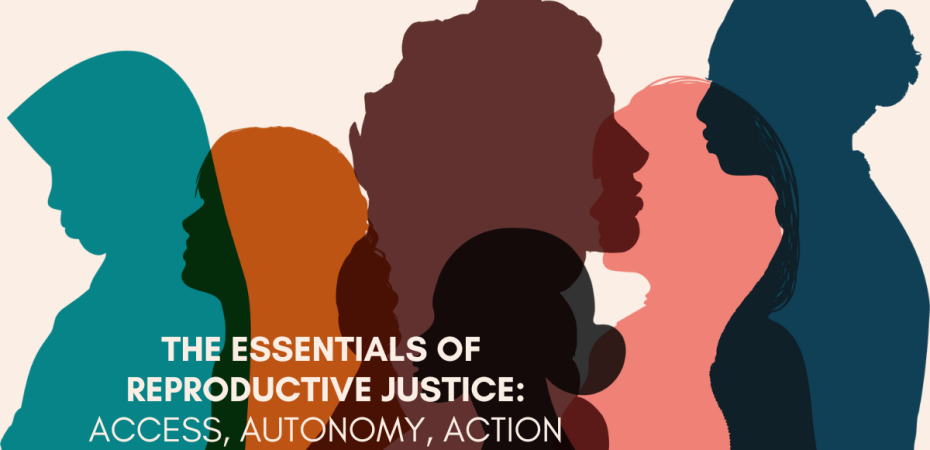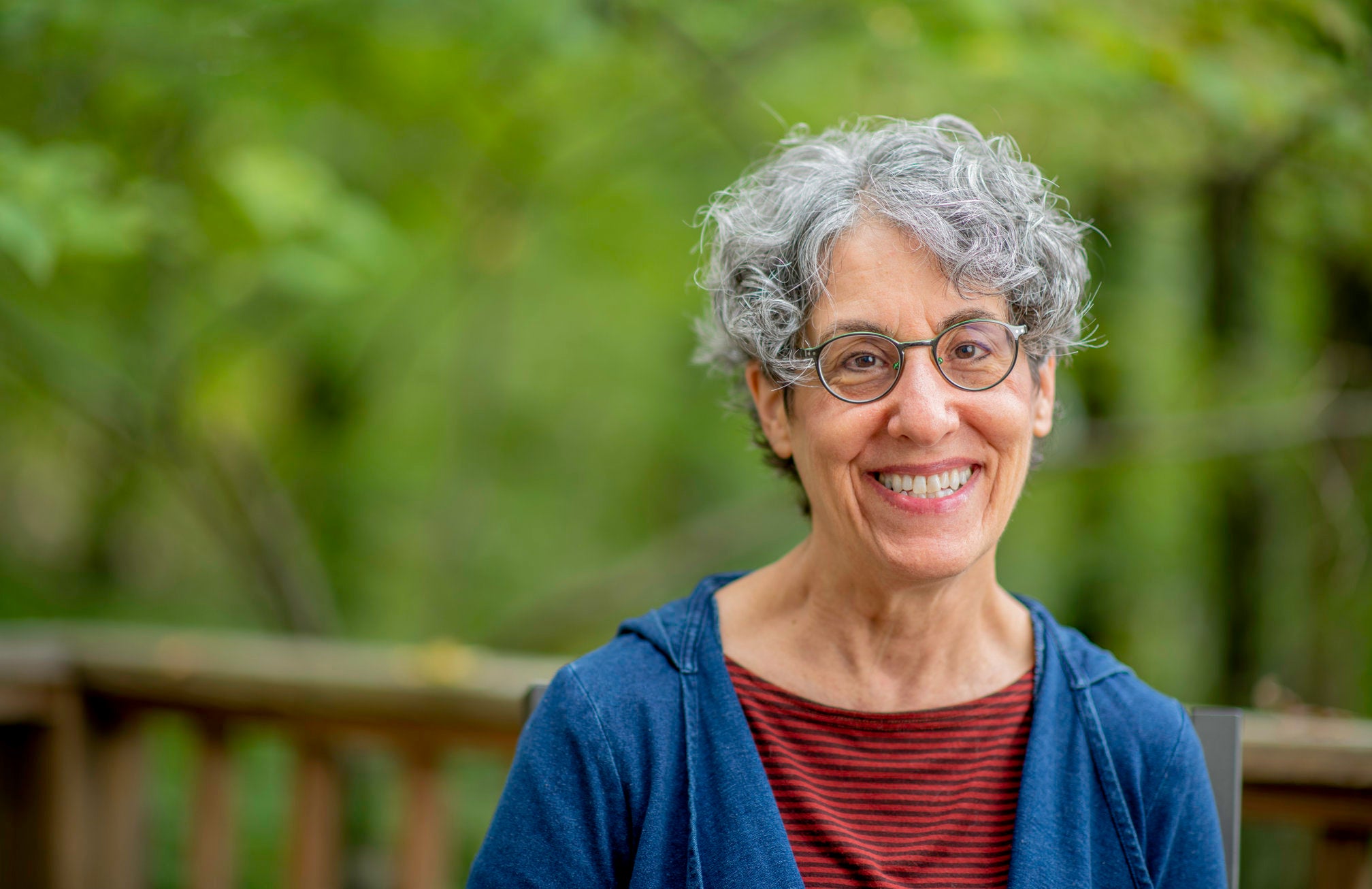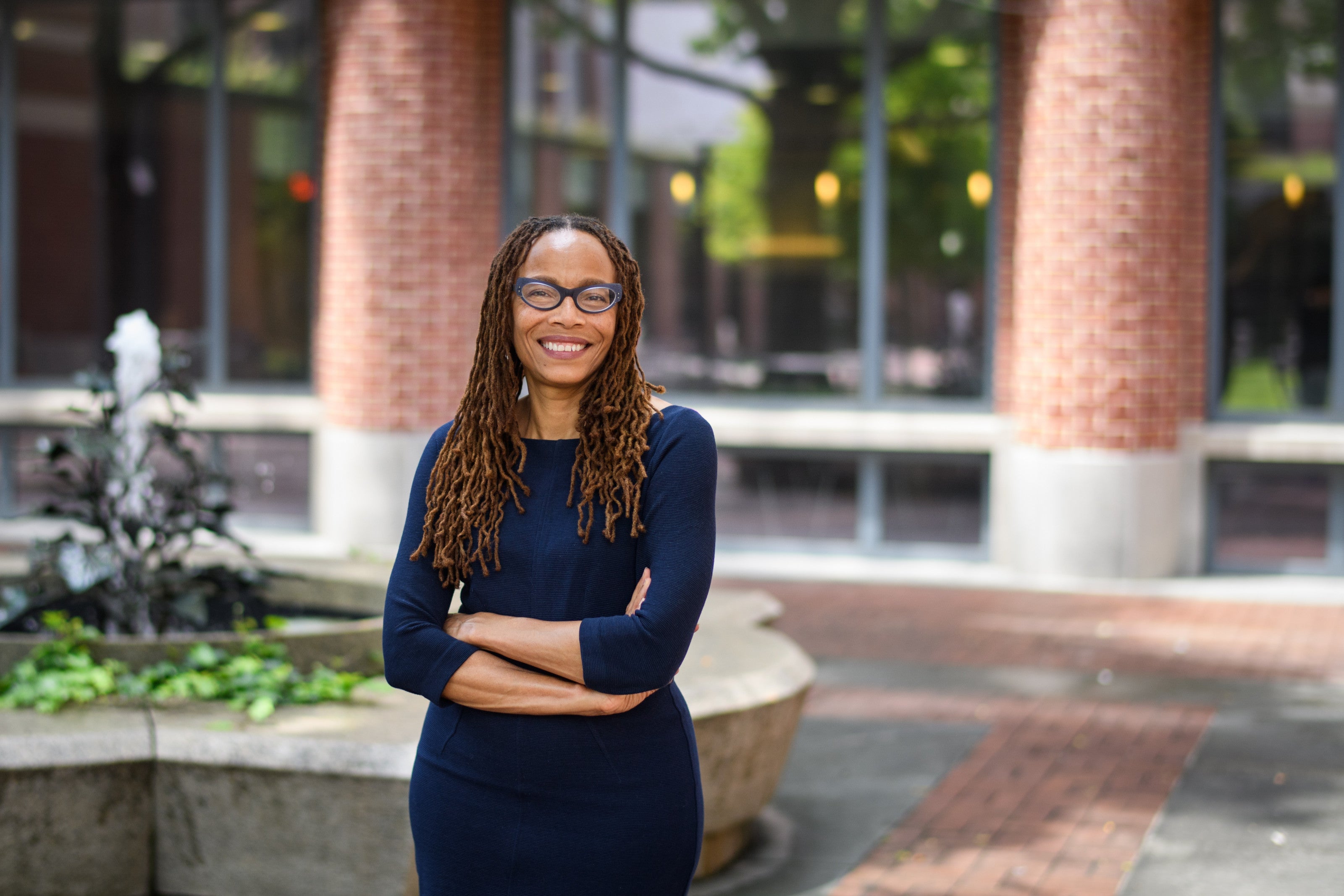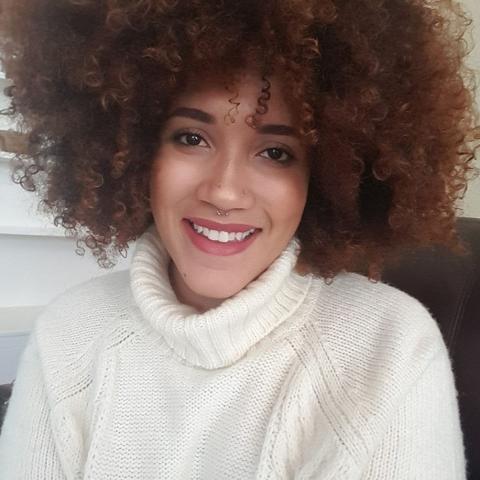
October 11, 2022 - Tinkham Veale University Center
The Inamori International Center for Ethics and Excellence, the Flora Stone Mather Center for Women, and the Baker-Nord Center for the Humanities present a series of conversations, along with a walking narrative exhibit and resource/take action fair for the CWRU campus to learn more about Reproductive Justice. This event has been specifically created for the CWRU campus community to offer a basic understanding of what Reproductive Justice is and all the ways in which reproductive rights and reproductive health can be affected by social injustice. Registration is not required, but sign register to receive updates.
Schedule of the Day
Ballroom A: Conversations on Reproductive Justice
This space is a conversation room with featured speakers related to reproductive justice. Conversations will include a reproductive justice overview; a historical look into birth practices; a discussion of ethics, reproductive rights, and autonomy; and an informational training session on engaging in reproductive justice conversations.
9:00 am - 10:00 am | What is Reproductive Justice?
Keynote by Lori Rodirquez, Education and Advocacy Coordinator, SisterSong
|
Join Lori Rodirquez, Education and Advocacy Coordinator for SisterSong, as our featured speaker to learn more about reproductive justice. |
10:15 am - 11:15 am | Birth, Breastfeeding, and Ballots: Expanding the History and Concept of Reproductive Rights
Jacqueline H. Wolf, Professor Emeritus of Social Medicine, Ohio University
Three U.S. Supreme Court decisions—Griswold v. CT in 1965 ensuring married people the right to use contraception, Eisenstadt v. Baird in 1972 ensuring single people the right to use contraception, and Roe v. Wade in 1973 ensuring women the right to terminate a pregnancy before viability—were boons to women’s reproductive rights. Reproductive rights, however, include not only a woman’s right to abortion and contraception, but also the right to make fully informed, autonomous decisions about pregnancy, childbirth, and lactation. This talk will discuss the recent history of birth and breastfeeding practices and explain how focusing the meaning of “reproductive rights” on contraception and abortion not only endangered a woman’s right to abortion but also, ironically, limited women’s reproductive choices in other areas. Even as the concept of “choice” became synonymous with a woman’s right to decide to become pregnant or not, and terminate a pregnancy or not, women’s voices and choices in the birth and breastfeeding arenas have been constricted, to the detriment of women’s and children’s health. |
11:30 am - 12:30 pm | Killing the Black Body: The Urgency of Reproductive Justice
Dorothy E. Roberts, George A. Weiss University Professor of Law & Sociology, Raymond Pace & Sadie Tanner Mossell Alexander Professor of Civil Rights,Professor of Africana Studies & Director, Penn Program on Race, Science & Society, University of Pennsylvania
In conversation with Colette Ngana, Doctoral Candidate, Department of Sociology, CWRU, Chair, Board of Directors, Preterm
| In Killing the Black Body, Dorothy Roberts gives a powerful and authoritative account of the on-going assault - figurative and literal - waged by the American government and our society on the reproductive rights of Black women. From an intersection of charged vectors (race, gender, motherhood, abortion, welfare, adoption, and the law), Roberts addresses in her impassioned book such issues as: the notion of prenatal property imposed upon slave women by white masters; the unsavory association between birth control champion Margaret Sanger and the eugenics movement of the 1920s; the coercive sterilization of Black women (many of whom were unaware that they had undergone the procedure) under government welfare programs as late as the 1970s; the race and class implications of distributing risky, long-acting contraceptives, such as Norplant, through Medicaid; the rendering of reproduction as a crime of prosecuting women who expose their fetuses to drugs; the controversy over transracial adoption; the welfare debate (who should pay for reproduction?); and the promotion of the new birth technology (in vitro fertilization and egg donation) to serve infertile white couples. |
1:00 pm - 2:00 pm | The Actions Necessary for Reproductive Justice
The Reproductive Justice framework stipulates that reproductive justice will be achieved when everyone has the economic, social, and political power and resources to make healthy decisions about their bodies, sexuality, and reproduction. This panel will address the need to move past the stigma of reproductive health and help us envision the actions necessary to support the complete physical, mental, and spiritual well-being of individuals to maintain personal bodily autonomy, have children, not have children, and parent the children we have in safe and sustainable communities. Panel will be facilitated by Angela Clark-Taylor, PhD, Executive Director of the Flora Stone Mather Center for Women, Research Assistant Professor, Center on Trauma and Adversity, Mandel School of Applied Social Sciences.
2:00 pm - 3:00 pm | Engaging in Supportive Campus Conversations Through a Reproductive Justice Lens Workshop
This workshop will provide tools for students, staff, and faculty to move past reproductive health stigma through deep listening and provide support and resources to individuals seeking reproductive health access and justice. It will be facilitated by the staff of the Flora Stone Mather Center for Women.




